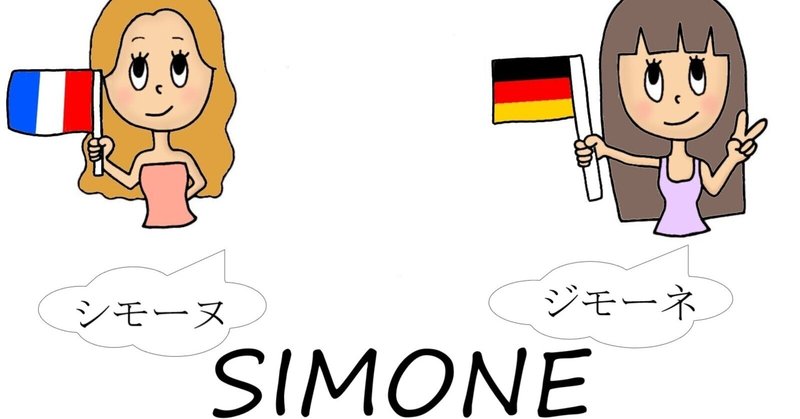
Names are people’s identity
Encouraged by the positive feedback on my recent post in an SNS about hard-to-decipher Japanese names, I would like to explore this subject further. In actual fact, Japanese names aren’t the only ones that are difficult to translate. German or rather European names can also be tricky at times.
In practical terms, translating foreign names into Japanese means transcribing them using Katakana, Japanese phonetic characters. Hence, translators must be really sure of their pronunciation.
The challenge comes from the multi-cultural population in Europe with a long history of migration.
1️⃣ Names are people’s identity
German names began to lose their German sound when families settled down on foreign soil for a long period of time and opted to assimilate their names.
A good example is Roy Lichtenstein, a well-known American pop artist, whose name is transcribed as リクテンスタイン [lik-ten-s-tain] and never as リヒテンシュタイン in Katakana [ri-hi-ten-shu-ta-in] like the German city of Lichtenstein in Saxony.
Or conversely, foreign names can be Germanized. E.g. Gilles, a German family name of French origin, should be transcribed as ギレス [gi-re-su] and not ジル [ji-ru] in Katakana.
And things aren’t always black and white. Once, I translated for a German/French family. Their daughter was called “Simone”, which can be pronounced in both German and French. It’s a question of identity.
2️⃣ Stick to the rules
Knowing the right pronunciation is one thing, but transcribing correctly is another.
The rules of transcribing German names in Japanese are not that logical or straightforward. We simply don’t have enough vowels and consonants to match the German sounds.
E.g. Ö, a so-called umlaut sound between E and O, is brutally streamlined to E in Japanese.
Köln is called ケルン [ke-ru-n] and not コルン [ko-ru-n].
In addition, there are also rules on when and when not to transcribe “r“ .
Merkel is transcribed as メルケル [me-ru-ke-ru], whereas Schröder reads シュレーダー [shu-reh-dah]. On top of that, Gerhard can be transcribed as ゲアハルト [ge-a-haruto].
However irregular the rules may be, you need to follow them if you care for the established way of transcribing names.
Following the same logic, I always ask my Japanese Francophile colleague when translating French names into Japanese. Hearing proper French pronunciation is not good enough. I need to know the rules on how to transcribe them in Japanese.
With her kind help, Thomas (トマ = [tɔma]) narrowly escaped being called トーマス [toh-mas], as in German. A good professional network is worth millions.
#Transcription #Translation #Japanese #German #Katakana #PhoneticCharacter
この記事が気に入ったらサポートをしてみませんか?
